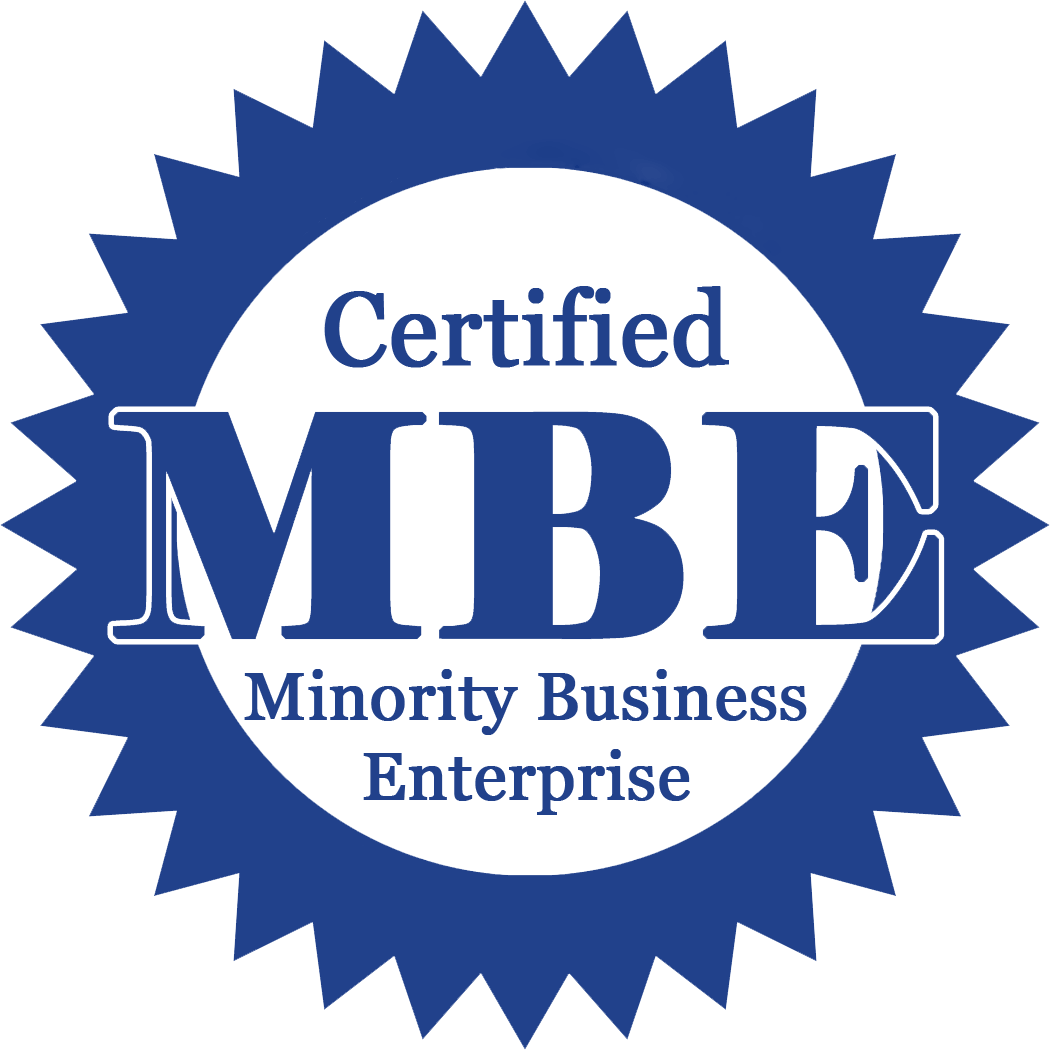COURSE DESCRIPTION
--------------------------------------------------------------------------------
In this course, the purpose of statistics as applied to educational research is introduced, inferential and descriptive measures are examined, and methods for evaluating and analyzing data are discussed. Students identify ethical issues related to research, including basic theory and practice, professional codes of ethics, governmental regulations, confidentiality, and research using human subjects. Students are required to synthesize information presented in this class by appropriately addressing each element in their individual action research projects.
TOPICS AND OBJECTIVES
--------------------------------------------------------------------------------
ORGANIZING, ANALYZING, AND INTERPRETING DATA
Distinguish among the various types of scores that are used in educational research.
Compare methods for collecting different types of data.
Explain how elements of research can affect validity and reliability.
Analyze the importance of sampling methods.
Evaluate methods for analyzing data in qualitative research.
DESCRIPTIVE STATISTICS
Analyze the purpose of descriptive statistics.
Identify appropriate uses for measures of central tendency.
Analyze the elements of effective graphs and charts for data presentation.
Analyze uses for z-scores when conducting research.
Compare methods for organizing different types of data.
Examine the purpose of standard deviation in data analysis.
Examine the use of correlational statistics in educational research.
Examine uses for frequency distributions in data collection and analysis.
INFERENTIAL STATISTICS
Examine the purposes of tests of statistical significance in educational research.
Identify the rationale for using null and alternative hypotheses.
Determine when a variety of statistical procedures are appropriate for different research purposes, including Z-test, t-test, and Chi-square.
ETHICAL ISSUES RELATED TO RESEARCH
Analyze examples of research situations involving legal, ethical, or human relation issues.
Examine the elements of the American Psychological Association's (APA) written code of ethics.
Outline guidelines for conducting research using human subjects.
Examine the ethical issues that can arise when publishing reports of a research study.
Define ethics and the need for them in the current information society.
Apply methods for analyzing ethical issues in research and technology.
Analyze the impact of technology on individual and social behaviors.
Examine the ethical ramifications of using the Internet to transport and store school, student/employee, and personal data.
OBJECTIVES
--------------------------------------------------------------------------------
Distinguish among the various types of scores that are used in educational research.
Compare methods for collecting different types of data.
Explain how elements of research can affect validity and reliability.
Analyze the importance of sampling methods.
Evaluate methods for analyzing data in qualitative research.
MATERIALS
--------------------------------------------------------------------------------
READING: Section One: Measurement, Evaluation, and Ethics in Research (Print)
READING: Section One: Measurement, Evaluation, and Ethics in Research (View)
WEB LINK: Zoomerang
ASSESSMENTS
--------------------------------------------------------------------------------
Complete any three of the Discussion Questions found at the end of Survey, Historical, and Program Evaluation Research Methods in Section One of Measurement, Evaluation, and Ethics in Research. The Survey, Historical, and Program Evaluation Discussion Questions are due in Week One.
See your instructor's syllabus for additional assignments and assessment activities.
OBJECTIVES
--------------------------------------------------------------------------------
Analyze the purpose of descriptive statistics.
Identify appropriate uses for measures of central tendency.
Analyze the elements of effective graphs and charts for data presentation.
Analyze uses for z-scores when conducting research.
Compare methods for organizing different types of data.
Examine the purpose of standard deviation in data analysis.
Examine the use of correlational statistics in educational research.
Examine uses for frequency distributions in data collection and analysis.
MATERIALS
--------------------------------------------------------------------------------
READING: Section Two: Measurement, Evaluation, and Ethics in Research (Print)
READING: Section Two: Measurement, Evaluation, and Ethics in Research (View)
SUPPLEMENT: Penny Activity
ASSESSMENTS
--------------------------------------------------------------------------------
See your instructor's syllabus for additional assignments and assessment activities.
OBJECTIVES
--------------------------------------------------------------------------------
Examine the purposes of tests of statistical significance in educational research.
Identify the rationale for using null and alternative hypotheses.
Determine when a variety of statistical procedures are appropriate for different research purposes, including Z-test, t-test, and Chi-square.
MATERIALS
--------------------------------------------------------------------------------
READING: Section Three: Measurement, Evaluation, and Ethics in Research (Print)
READING: Section Three: Measurement, Evaluation, and Ethics in Research (View)
SUPPLEMENT: Survey and Statistical Analysis Activity
ASSESSMENTS
--------------------------------------------------------------------------------
See your instructor's syllabus for additional assignments and assessment activities.
OBJECTIVES
--------------------------------------------------------------------------------
Analyze examples of research situations involving legal, ethical, or human relation issues.
Examine the elements of the American Psychological Association's (APA) written code of ethics.
Outline guidelines for conducting research using human subjects.
Examine the ethical issues that can arise when publishing reports of a research study.
Define ethics and the need for them in the current information society.
Apply methods for analyzing ethical issues in research and technology.
Analyze the impact of technology on individual and social behaviors.
Examine the ethical ramifications of using the Internet to transport and store school, student/employee, and personal data.
MATERIALS
--------------------------------------------------------------------------------
READING: Section Four: Measurement, Evaluation, and Ethics in Research (Print)
READING: Section Four: Measurement, Evaluation, and Ethics in Research (View)
WEB LINK: QNT 575 Selected Readings Page
ASSESSMENTS
--------------------------------------------------------------------------------
See your instructor's syllabus for additional assignments and assessment activities.
--------------------------------------------------------------------------------
You currently do not have any rEsource classes in your library.
Click on Update My rEsource to refresh your library.
© 1998-2001 University of Phoenix. All Rights Reserved. WEB1
Survey Software Easy to use and accessible for everyone. Design, send and analyze online surveys.
Research Suite A suite of enterprise-grade research tools for market research professionals.
Customer Experience Experiences change the world. Deliver the best with our CX management software.
Employee Experience Create the best employee experience and act on real-time data from end to end.




